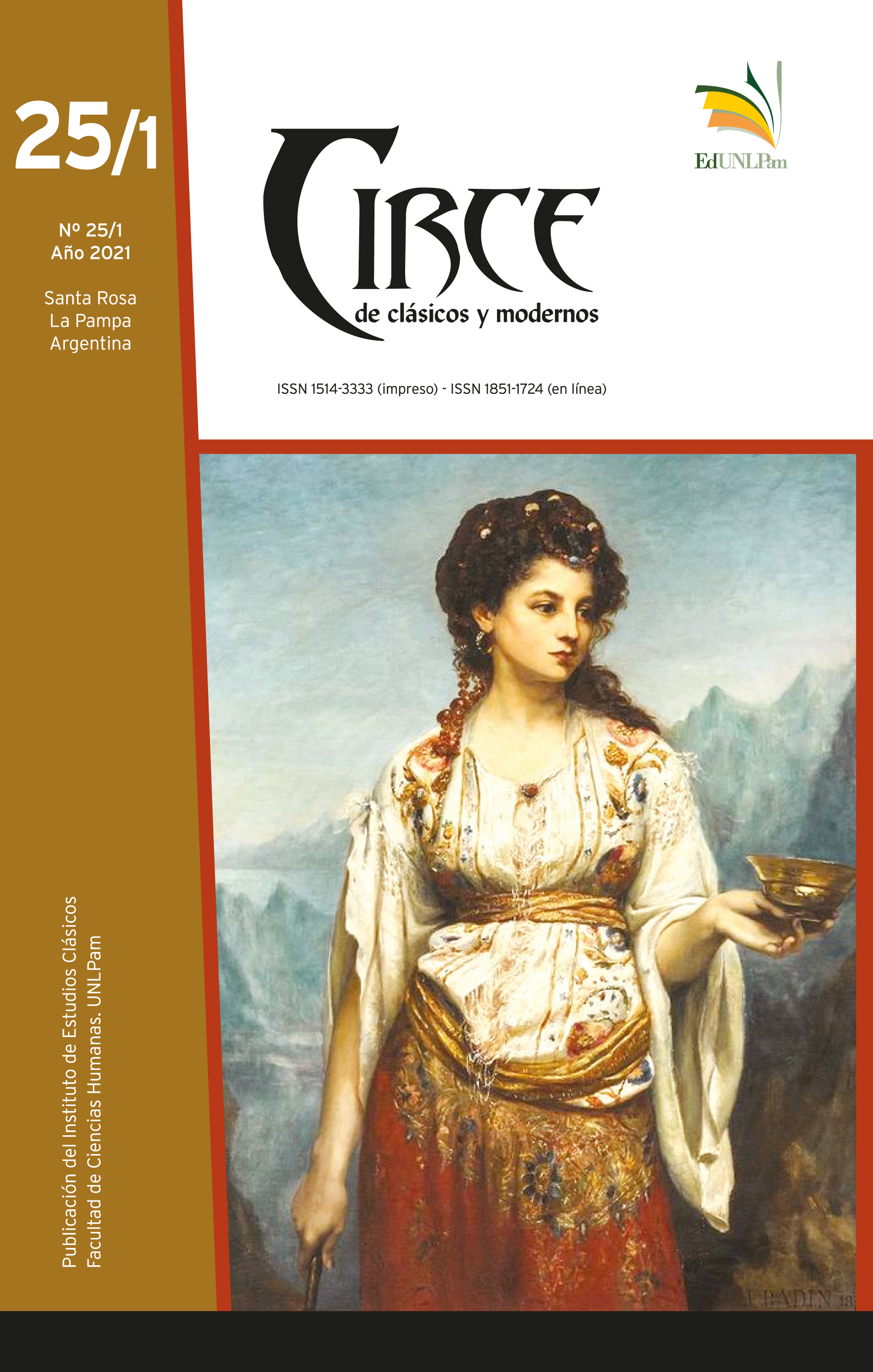Is a history written by the winners? About the great slave revolts in the Roman Republic
Keywords:
sources, servile wars, ruling class, subaltern groupsAbstract
In this text we address the problem of existing sources and their analysis methodologies for the study of the great slave revolts in the Roman Republic. Our aim is to elucidate the different types of available sources we have and their states of conservation; pointing out the difficulties and heuristic possibilities they present; and analyzing them from a historiographic point of view. Although most of them, and the literary ones in their totality, come from the citizen elite, and consequently they express the point of view of the winners, hostile to the servile revolt, and it imply partiality, distortion and concealment in the historical record, we argue that it is not convenient to exaggerate their bias as a limiting factor of the knowledge of the facts. On the one hand, it is possible to extract valuable information about the rebel slaves from the narrative sources; on the other hand, some material sources produced by the rebels are also preserved. All of which allows us to at least glimpse the vision of the vanquished.
Downloads
Downloads
Published
Issue
Section
License
Los autores que tengan publicaciones con esta revista, aceptan los términos siguientes referidos a los derechos de autor/a:
1. Los autores/as conservarán sus derechos de autor y garantizarán a la revista el derecho de primera publicación de su obra, el cuál estará simultáneamente sujeto a la Licencia de reconocimiento de Licencia Creative Commons Atribución-NoComercial-CompartirIgual 4.0 Internacional (http://creativecommons.org/licenses/by-nc-sa/4.0/). que permite a terceros compartir la obra siempre que se indique su autor y su primera publicación esta revista. El autor es el titular del copyright.
2. Los autores/as podrán adoptar otros acuerdos de licencia no exclusiva de distribución de la versión de la obra publicada (postprint) siempre que se indique la publicación inicial en esta revista. La cesión de derechos no exclusivos implica también la autorización por parte de los autores para que el trabajo sea depositado en el repositorio institucional y difundido a través de las bases de datos que el editor considere adecuadas para su indización, con miras a incrementar la visibilidad de la publicación y de sus autores.
3. Se permite y recomienda a los autores/as difundir su obra a través de Internet antes y durante el proceso de envío, lo cual puede producir intercambios interesantes y aumentar las citas de la obra publicada.







.jpg)









2.png)



